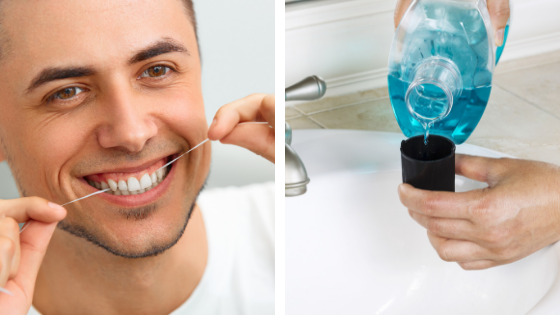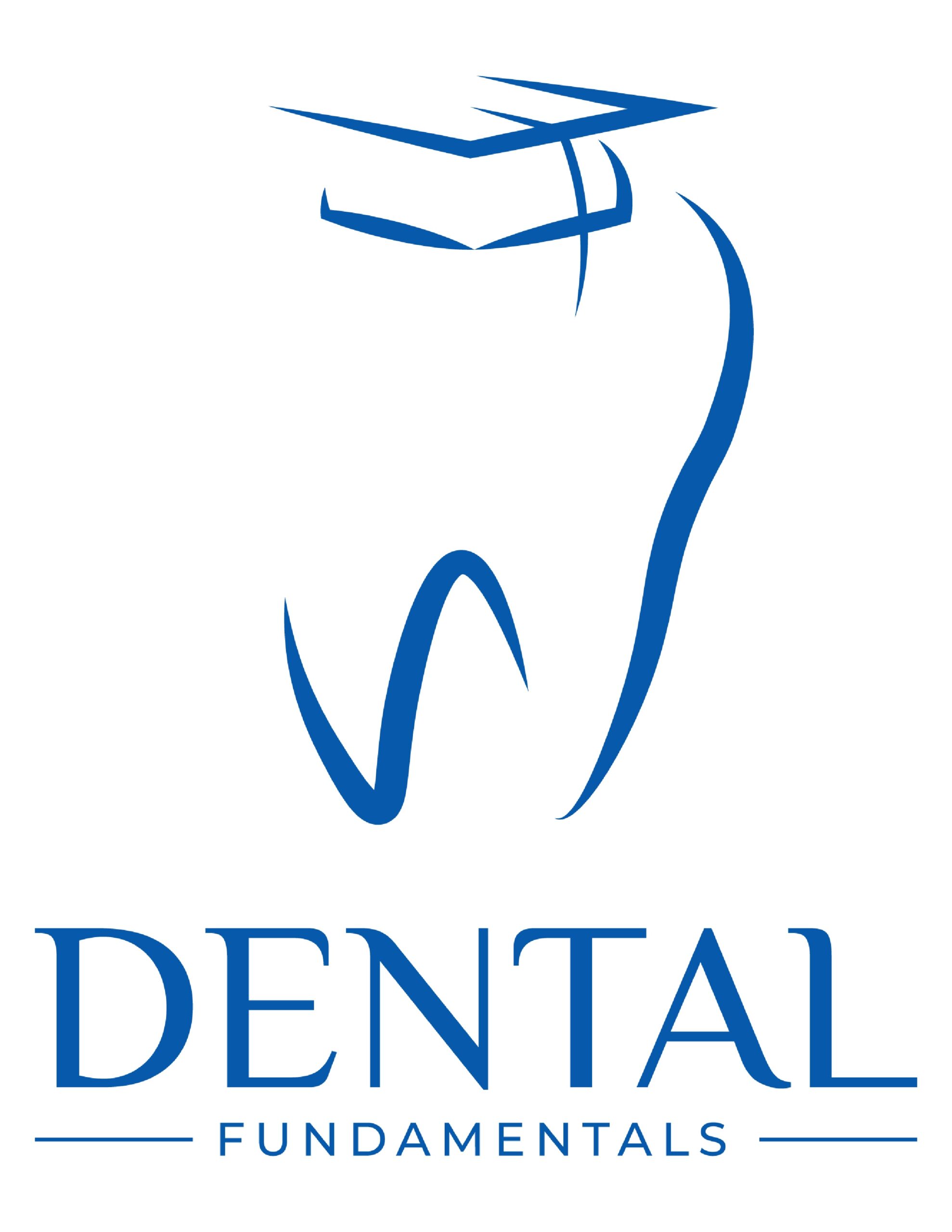Mouthwash vs. Flossing

Mouthwash
Mouthwash certainly has its benefits.
Many types of mouthwashes contain fluoride—which has innumerable dental health benefits. Fluoride will help to strengthen and protect your teeth. It is generally recommended that you do not rinse your mouth with water after your use mouthwash so that the fluoride can take more effect.
Mouthwash can also reduce potentially harmful bacteria growth in your mouth. It may help you keep cavities at bay and keep bad breath away.
Mouthwash can help your combat gingivitis, dry mouth, sensitivity, and give you whiter teeth. Many types of mouthwash are many for special uses—some for teeth whitening purposes, others for sensitive mouths and swollen gums.
Although mouthwash has many benefits and is recommended by most dentists, it should not replace other dental practices such as flossing or brushing but should be in addition to it.
Flossing
Flossing is essential to good oral hygiene. The act of flossing dislodges food and debris caught between your teeth. It can also scrape away plaque from the surface of your teeth. Flossing is really the only way to fully penetrate the gap between your teeth where food can so often get caught. When we don’t floss, food and plaque can build up, leading to tooth decay and gum disease. You may notice when you floss for the first time in a while, your gums bleed when you start flossing again—this is an early sign of gum disease. Usually, gum disease is still reversible at this point. With good oral hygiene, including flossing, gum disease is usually reversible.
Why You Need Both
In recent years the question has been posed—can mouthwash replace flossing? Can your mouthwash impact your mouth that same flossing can? In a word—no.
Though it may be tempting to replace flossing with a quick swish of mouthwash—it is a bad idea. The hassle of flossing is well worth it. Though it may take a few extra minutes—it is necessary for good oral health.
Flossing is needed to scrape away plaque and debris that gets caught in your teeth—this cannot be done with mouthwash. Floss will keep your mouth healthy.
Mouthwash will leave your mouth feeling fresh. Protect yourself from cavities, gum disease, and bad breath with good flossing habits. And leave your mouth feeling fresh and your breath smelling great with mouthwash. Use both for maximum dental healthcare.
For optimal oral hygiene, you should be brushing at least twice a day, flossing at least once a day, and using mouthwash about once a day. These tools will help you keep your teeth healthy longer. Avoid dealing with cavities, gum disease, and potentially painfully dental procedures when you take good take of your teeth.
You should also be visiting the dentist for a semi-annual cleaning twice a year. This visit is extremely important as you will not only check up on any potential cavities, but you’ll also receive fluoride treatment—which is preventative care. Keep your mouth fresh with brush, flossing, AND mouthwash!
